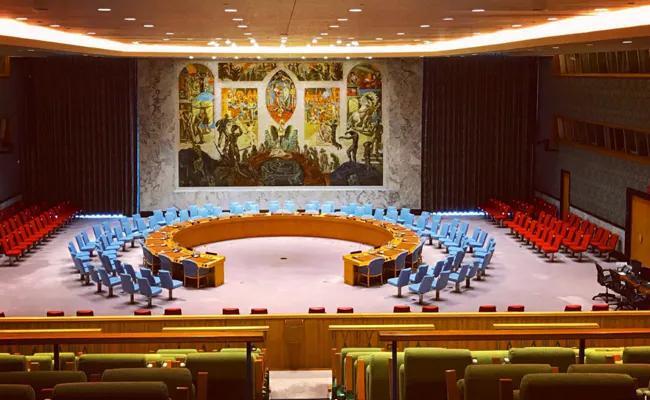 |
|
The call for reform within the United Nations Security Council has been a long-standing issue, with numerous countries advocating for adjustments to better reflect the global power dynamics of the 21st century. Professor Kishore Mahbubani, a former Singaporean diplomat, has added his voice to this chorus, arguing that India deserves a permanent seat on the council and that the United Kingdom should relinquish its seat in favor of India. Mahbubani's argument hinges on the premise that India has emerged as a global power, ranking as the third most powerful country in the world after the United States and China. He contends that the United Kingdom, despite its historical stature, no longer holds the same level of global influence and should therefore consider stepping aside to allow for a more representative council.
Mahbubani's proposal for a permanent seat for India is rooted in the belief that India's economic and political rise has positioned it as a crucial player in the international arena. With a booming economy and a growing military, India is increasingly engaging in global affairs and contributing to international security. Mahbubani argues that this active role necessitates a permanent seat on the Security Council, granting India greater influence and decision-making power within the UN framework. However, his call for the United Kingdom to cede its seat is likely to be met with resistance, as the UK maintains a strong historical and diplomatic presence on the council and is unlikely to willingly relinquish its position.
The debate over UN Security Council reform is far from settled, with a multitude of perspectives and competing interests at play. The argument for a more representative council, one that reflects the evolving global power landscape, has gained momentum in recent years. However, there are significant obstacles to overcome. The existing permanent members, namely the United States, Russia, China, France, and the United Kingdom, hold veto power, making any changes to the council's composition a complex and potentially contentious process. Additionally, other nations vying for permanent seats, such as Brazil, Germany, and Japan, are likely to assert their own claims, adding further complexity to the debate. Ultimately, achieving meaningful reform within the UN Security Council will require a delicate balance of diplomatic negotiations, political will, and a willingness to address the concerns of all stakeholders.
